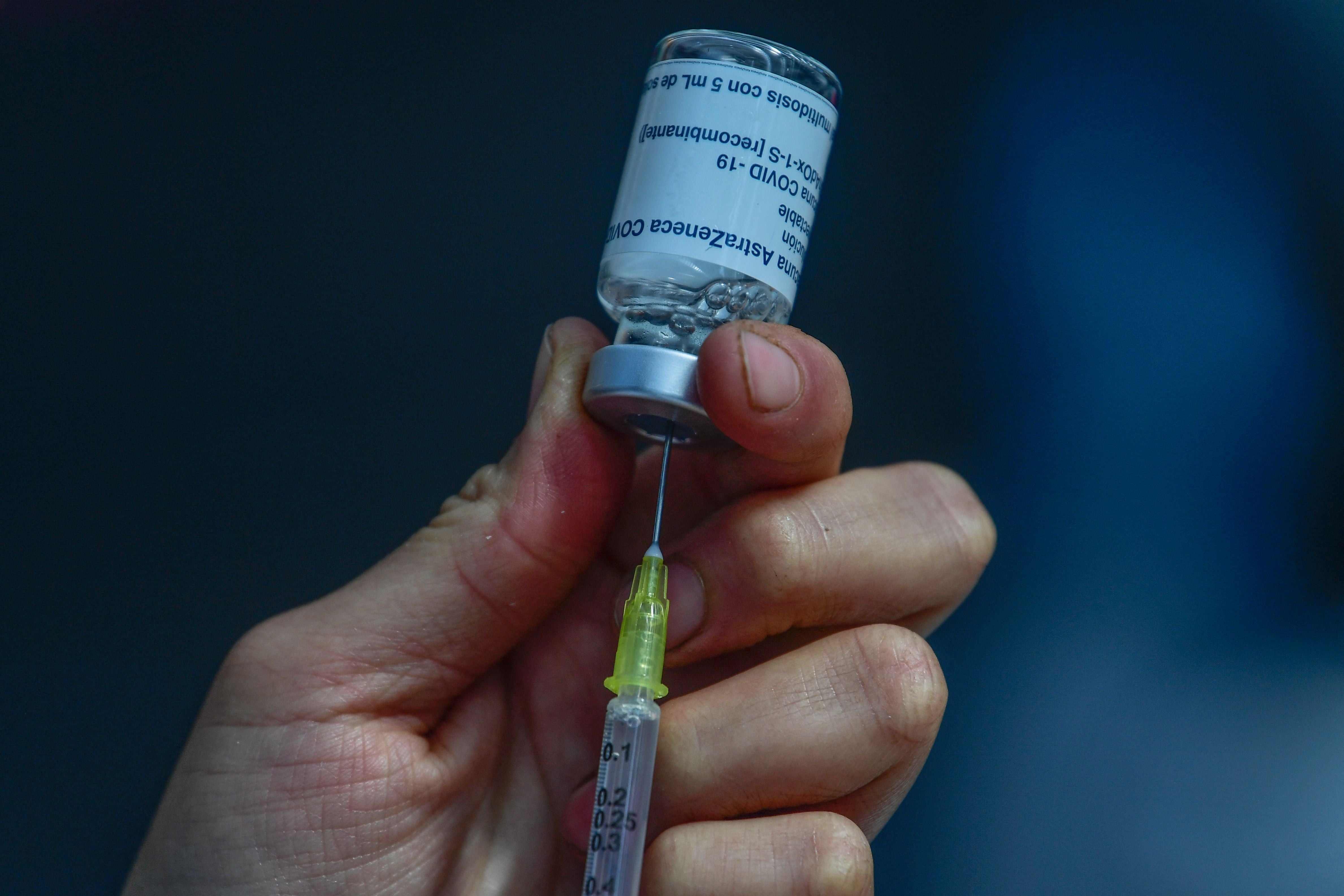I co-developed the Covid vaccine – but I’m still referred to as a ‘female scientist’
In order to truly embrace change in Stem, we need more diversity and collaboration – no longer should we label people by one metric or another


Your support helps us to tell the story
From reproductive rights to climate change to Big Tech, The Independent is on the ground when the story is developing. Whether it's investigating the financials of Elon Musk's pro-Trump PAC or producing our latest documentary, 'The A Word', which shines a light on the American women fighting for reproductive rights, we know how important it is to parse out the facts from the messaging.
At such a critical moment in US history, we need reporters on the ground. Your donation allows us to keep sending journalists to speak to both sides of the story.
The Independent is trusted by Americans across the entire political spectrum. And unlike many other quality news outlets, we choose not to lock Americans out of our reporting and analysis with paywalls. We believe quality journalism should be available to everyone, paid for by those who can afford it.
Your support makes all the difference.I am many things, all at once. So, it always confuses me when people refer to me as a “woman scientist”. We are all so much more than the sum of our parts and trying to label an individual by their biological sex or gender can frequently lead to misconceptions and often prejudice. So, why do it?
I have been working on vaccine development for over a decade. In 2020, I co-developed the Oxford/AstraZeneca vaccine and oversaw the immunology readouts from the clinical trials. I was part of a large, multidisciplinary team – across multiple continents and time zones – working together towards a single objective: to make a vaccine to save lives.
It created a myopic determination in the team, it simplified many of the politics, and helped shed preconceptions. So why, then, when members of the team were being described, was the age and the familial status often reported for female members (mother of three), while the men were characterised by their hobbies (accomplished mountain climber)? We were all climbing mountains, slaying dragons and achieving the impossible.
This type of differential gender cataloguing needs to end. It doesn’t help build a team or bolster morale. All it does is highlight perceived differences. Even when done in the most subtle of ways, these things matter. We need to build robust Stem (science, technology, engineering and mathematics) teams – creative and diverse – ready to address the challenges of the 21st century and we must face them as a global community.
To achieve this, we will need to change certain mindsets in order to embrace innovation, progression and ultimately practical implementation. It’s sometimes uncomfortable – change often is – but the status quo is much more cruel. Staying the course leads to stagnation, deterioration and ultimately the demise of any sort of creative thinking.
In order to truly embrace change in Stem, we need more diversity and collaboration – no longer should we label people by one metric or another. It is proven that diverse groups, characterised by a breadth of life experiences, result in different approaches being taken and new insights being achieved. Through diversity we can not only generate alternative solutions, but we can demonstrate that all opinions, experiences and beliefs are valued and listened to.
The Covid-19 pandemic has highlighted how significant pockets of our society have felt marginalised and overlooked. They have questions and concerns that they feel were not addressed – or even worse, were overlooked. We need to listen better and we need to do better.
One of the most obvious ways to bridge these gaps is to encourage more people with different voices into Stem, so that our professors of tomorrow represent the people of the day. Until then, it’s frequently left to a small group of scientists to act as role models.
I struggle with the term “role model”. It conjures an image of an aspirational, almost ethereal individual atop a pedestal. In Stem, they are largely “normal people” doing something that they love – be that science, technology, engineering or medicine. So why are they lauded?
Occasionally, it’s because they are not perceived as the “norm”, be that based on ethnicity, gender or some other apparent difference. And this is what we need to address: the perception of normal.
There is no such thing as a typical scientist; everyone should be welcomed. A substantial amount of creative thinking, collaborative working and social skills are needed to solve key scientific challenges. You don’t need to be a straight-A student to achieve this. You do need to be inclusive, versatile and determined to make a difference – this does not always reflect the perception of what scientists do.
Let’s simply accept people on their abilities, their capabilities, and their passion. In doing so, we can create a better way to drive Stem into the 21st century.
Prof Teresa Lambe OBE is a vaccine scientist, and a key member of the Oxford Covid-19 vaccine team
Join our commenting forum
Join thought-provoking conversations, follow other Independent readers and see their replies
Comments